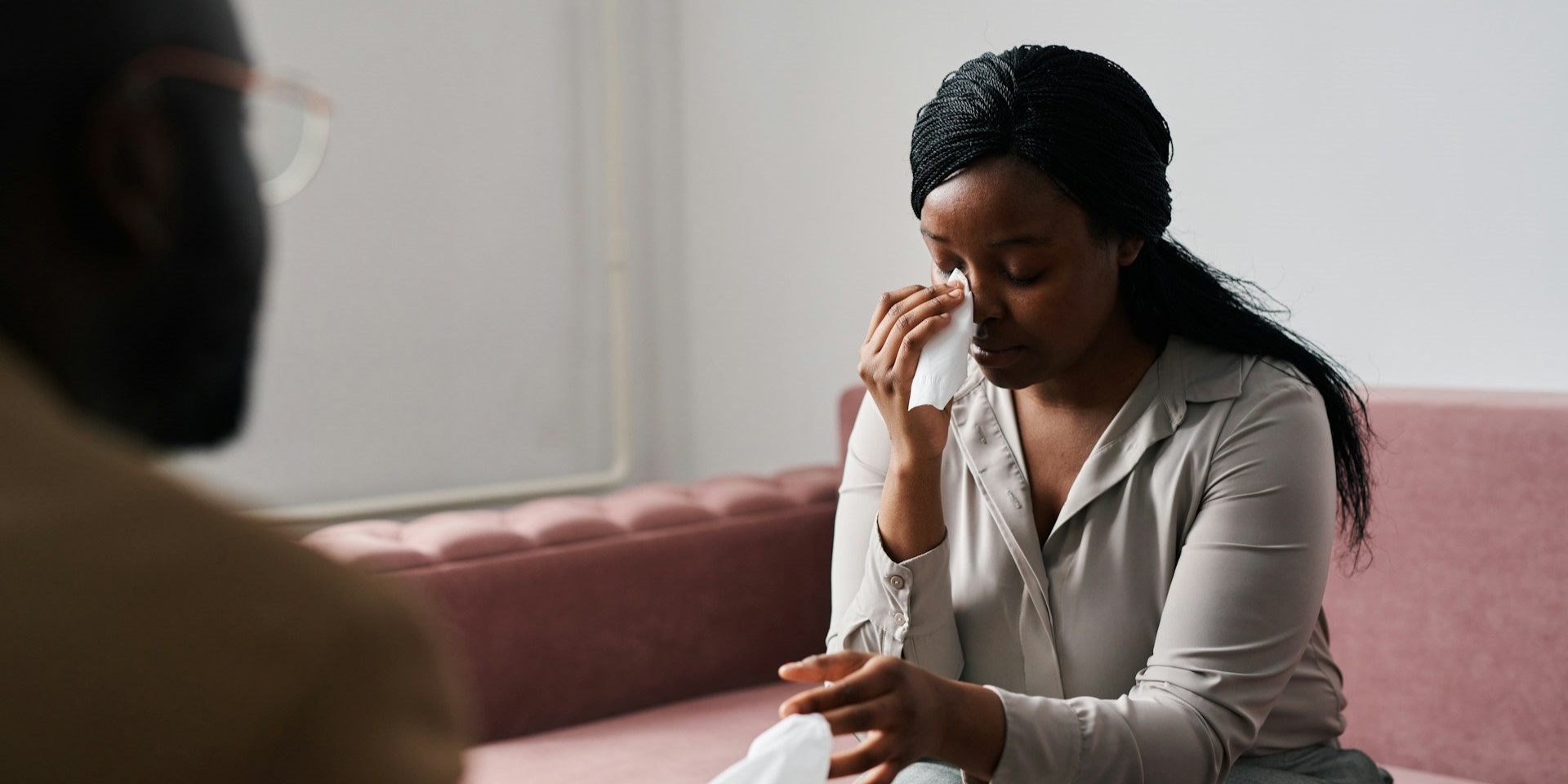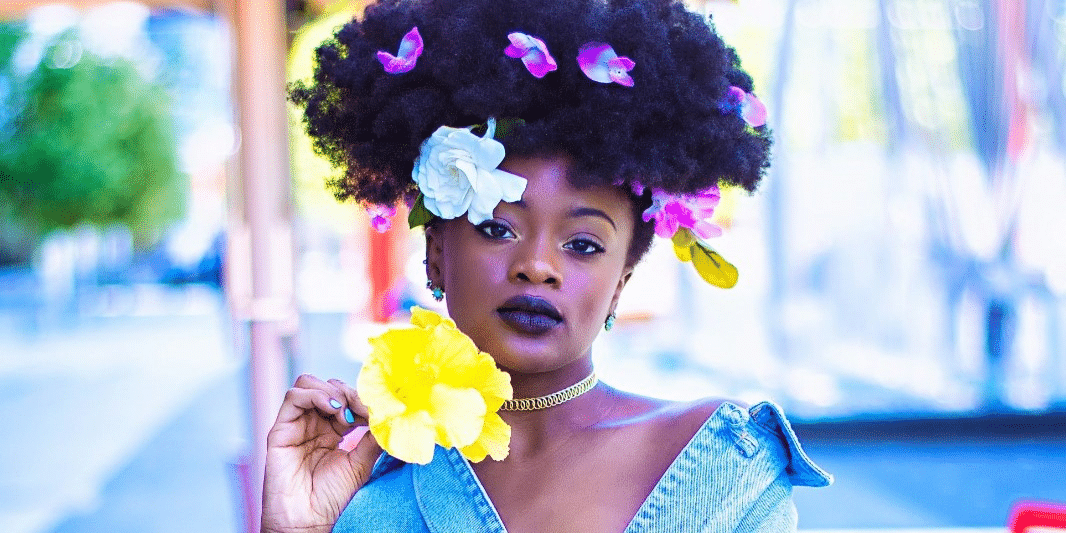When Darlene Tayor and her husband decided to divorce, there was anger, grief, and a whole lot of emotions playing out. There was a huge adjustment period, of course. But later, when it was time for her husband to take a new job across the country, he didn’t want to leave his daughter, so he asked Darlene if she would be willing to move across the country with their daughter so this father and daughter could remain close.
Through the power of personal healing and the redefining of familial roles, the potential for friendship with a former spouse emerges, guiding the way to resolving co-parenting conflicts. In this narrative, the imperative of joint decision-making is embraced, and the significant act of speaking kindly of one’s co-parent to their children becomes a vital component of nurturing a loving and unburdened relationship between parent and child.
In a sit-down interview with Darlene Taylor, Tristan Adams got the whole story and found some good tips for divorced parents who want to do the right thing for their kids. The following is how their conversation unfolded.
1. Why did you move across the country to live near your ex?
(Darlene Taylor) I moved across the country because I believed it would be the best thing for our daughter to have both her parents in her life consistently, and that was more important than my comfort or fear of change. Though we had been divorced for a while, I understood that her father’s presence in her life was as important as mine, so it was an easy decision for me.
2. What does it mean to take the high road in parenting?
(Darlene Taylor) Taking the high road in co-parenting means that you have to step outside of any hurt or anger you have at your parenting partner and keep the focus on what is best for your children. It means being able to separate the parent that they are from the romantic partner that they turned out not to be for you. It means learning how to trust their decisions, treating them with kindness, giving them the grace to make mistakes and not hold those mistakes against them, and learning how to create an alliance built on mutual respect from which you can work together.

Photo Credit: Darlene Taylor
3. What is one common divorce myth?
(Darlene Taylor) I don’t believe what the world says about divorce, that it has to be a take-no-prisoners battle that leaves everyone damaged at the end. There is a way to make it through this transition without hating each other and destroying any ability to find common ground. I believe that in a lot of divorces, there is no villain. Most of the time, you simply have two hurt individuals dealing with the disintegration of their happily ever after who desperately want to find a way to work together to make sure their children are okay. And if we can see each other that way, it becomes much easier to find the high road.
4. What is the biggest reason to never trash-talk your ex in front of the kids?
(Darlene Taylor) When children hear one of their parents say something disparaging about the other parent it makes them feel as if you are talking about them and that you hate a part of them. This is one of the most damaging things that you can do as a parent.
5. When should you compromise after divorce?
(Darlene Taylor) Honestly, I think the goal should be to compromise as often as you can and to work hard to find some common ground. One way to do that is to reframe requests by focusing on what is being asked and not on who is doing the asking. This helps parents get clear on whether it is a sacrifice or compromise worth making. We often get stuck in the pattern of digging our heels in just because we can, feeling like we need to “win,” but really just adding fuel to the fire unnecessarily. Ask yourself, “Is this compromise hurtful to my child or my ego?” You’d be surprised at how many times the real answer is the latter, and once we can let go of that need to win or be right, it becomes a lot easier to lean into finding a healthy compromise that everyone can live with. It helps to remember that the very nature of compromise means that neither of you will get exactly what you want, so do your part and be willing to give up a little of what you want to get the best outcomes for your children.
6. How can co-parents tap into their power after divorce?
(Darlene Taylor) As a co-parent, your greatest superpower is understanding that you have the power to make this divorce okay for yourself and your children. It’s important to focus on your own healing and understand that you are redefining your family. Even if your family now does not look like you thought it would, it can still be a healthy family for all of you. By doing those two things and going forward with optimism, co-parents can ensure that they and their children come through divorce with minimal scars.
7. Can you be friends with your co-parent after divorce?
(Darlene Taylor) You can absolutely be friends with your co-parent after divorce, if that is something that both of you want. It will be necessary to redefine your relationship, but that will be guided by the person who wants the least. You may be ready to move to a space of friendship, but if they are not, you cannot force that. You can lead with compassion and kindness, letting them know that the friendship door is open, but it is up to them to walk through it. And if they choose not to, that is okay. Know that there are no rules for this and what works for you and your co-parent will likely look different than what works for others, and that’s okay too. Everyone has to find the relationship that works for them with the boundaries that feel healthy for them. I would encourage you to be flexible during this readjustment time.
8. How do parents begin to fix co-parenting drama?
(Darlene Taylor) Take responsibility for yourself and your role in the drama. Work on not being reactive and not responding when you are being drawn into an argument. It takes two people to make war but just one to make peace; you always have the choice to refuse to pick up your weapon. Additionally, if we assume that every interaction will be an argument and approach our co-parent with immediate defensiveness, this keeps the drama brewing. Learn to give them the benefit of the doubt and see what happens when you stop assuming the worst of them. Sometimes, even if you do everything you can to avoid it, you will have a co-parent that is not willing to let the drama go, so remembering that you can only control your side of the equation is crucial. Keeping your communication with them short and to the point and trying to maintain a friendly but firm tone should help in diluting the drama.
9. What is one question all co-parents should ask when making a parenting decision after divorce?
(Darlene Taylor) No parent wants to feel like they are being left out or that their role in their children’s lives is being minimized. When making co-parenting decisions, ask yourself if this is something you would have unilaterally decided on when you were married. If it is not, then show respect to your co-parent as an equal partner by involving them in the decision. This goes a long way toward gaining the trust of your parenting partner and building a collaborative co-parenting relationship.
10. What is the one thing your kids need you to say about your co-parent after divorce?
(Darlene Taylor) Your children not only need you to not be negative, but they also need to hear you talk about their other parent in a positive light. This shows them that though you aren’t together, you still like and respect each other. They don’t need you to be good friends (though it is great if you can get there), but being able to talk about them with civility and talk about your child and co-parent’s relationship in positive terms—showing it the reverence it deserves—helps kids understand that their loyalties do not have to be split. You absolve them of the responsibility of having to manage the emotions of their parents or carry the burden of your unresolved issues and that is an enormous gift.
Taylor also shared that the journey of co-parenting after divorce is a testament to the resilience of the human spirit and the boundless love parents harbor for their children. It’s about setting aside personal grievances and focusing on the greater good, where the welfare of the children takes center stage. By embracing compromise, advocating for mutual respect, and actively engaging in the healing process, parents can construct a new, robust foundation for their redefined families. It is through these deliberate actions and positive affirmations that co-parents can truly empower their children to grow with confidence, ensuring they feel loved and secure in both homes.
Darlene Taylor is a certified professional parenting and life transitions coach, therapist and clinical social worker. As an author and speaker, Darlene’s superpower is helping people see the very best in themselves and achieve things they never thought possible. Before moving to Los Angeles, she was a Gender Studies professor at the University of Cincinnati. When she is not writing, you can find Darlene hanging out with her daughter in Los Angeles and dividing her free time between obstacle course races, the beach, and the tennis court. Her current book is titled, It’s Not About Us: A Co-parenting Survival Guide for Taking the High Road. The audio version is now available.







